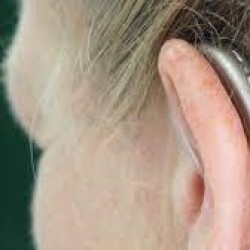Magnesium powder, liquid, mittens or sponges to protect hands and improve grip
Just as when running our feet and legs are our best weapons, when it comes to training our hands are one of the most important elements to take into account. With them we take bars and dumbbells, we grab the dominants and climb the rope, to give some examples. But do we protect them properly while we train?
It is not just a matter of aesthetics; After all, after much training the dreaded corns end up appearing. It is also functional: strong hands will help us have a better grip and also increase our safety in the uprisings. There are different ways to improve that grip and protect your hands, which one do you use?
 Magnesium powder or liquid magnesium?
Magnesium powder or liquid magnesium?
If we talk about improving our grip in the various exercises, one of the classics that does not fail is magnesium, either powder or liquid . The use of magnesium is not limited, although it is traditional, to powerlifters or climbers, but their use in the gym can help us to improve our brands.
Now, the question is to use the magnesium powder that is usually in the gym or opt for its liquid version. The magnesium powder is much cheaper, but has the disadvantage that dirty (much) and does not last long in his hands. On the other hand, liquid magnesium, despite being more expensive, takes much better advantage (you only need to use a small amount), it does not mess and it is more practical.
I leave here a tutorial to make liquid magnesium at home rather cheaper than the one found in stores: we will only need a bottle of alcohol of 96 degrees (typical medicine box) and a little magnesium powder (which, as I say , Is cheaper than liquid). We empty half the bottle of alcohol, which we can reserve to reuse, and mix very slowly with the magnesium powder until we find the desired density. This video also uses crushed rosin resin, but they are not indispensable.
Mittens or sponges?
Much more common in the gym is the use of gloves or sponges to protect the hands and grab the bars. Here goes a little more depending on tastes and, above all, that we find ourselves comfortable carrying one thing or another. It is worthwhile to say that they should be washed or renewed (in the case of sponges) periodically: the hands sweat a lot with gloves on and the warm and humid environment is often preferred by bacteria to proliferate. Sponges are broken or dirty after many uses: they are not worth forever.
Personally I train without gloves or sponges, and I only use magnesium powder when I master (if you train in a park and you slip the bars to make them, the sand or earth can make an arrangement, but is not ideal), and Because I have it at hand. How do you train? Do your hands suffer greatly?


